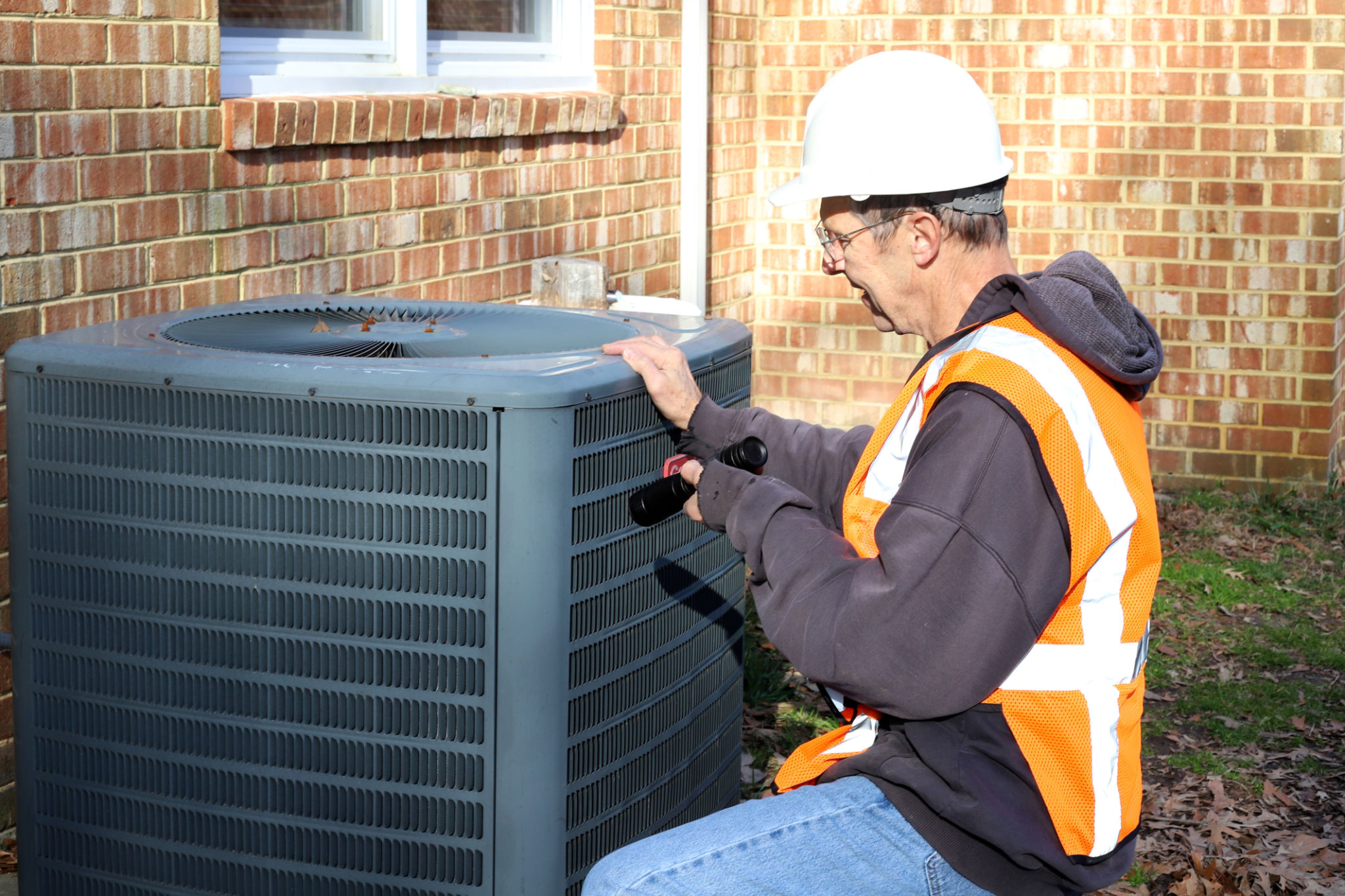Myth-Busting: The Truth About HVAC Systems and Energy Efficiency
Understanding HVAC Systems
Heating, Ventilation, and Air Conditioning (HVAC) systems are often misunderstood regarding their energy efficiency. Many homeowners and business owners believe that simply having an HVAC system is enough to ensure energy savings. However, the truth is more nuanced, involving various factors such as the system's age, maintenance, and usage patterns.

Myth 1: Newer Systems Are Always More Efficient
It's a common belief that newer HVAC systems are automatically more energy-efficient than older models. While modern systems often come with improved technology, efficiency depends on more than just the system's age. Proper installation and regular maintenance play a crucial role in maximizing performance. Even the most advanced system can underperform if not correctly maintained.
Myth 2: Bigger Systems Are Better
A common misconception is that a larger HVAC system will provide better heating and cooling. In reality, an oversized system can lead to increased energy consumption and uneven temperature distribution. It's essential to choose a system that's appropriately sized for your space, considering factors such as insulation, window placement, and local climate.

The Importance of Regular Maintenance
Regular maintenance is vital for maintaining the efficiency of any HVAC system. Many people underestimate the impact of routine checks, which can prevent major issues and improve energy efficiency. Simple tasks like changing filters and cleaning ducts can make a significant difference in performance.
Myth 3: Turning Off the System Saves Energy
Another myth is that turning off your HVAC system when not in use will save energy. While it may seem logical, constantly turning systems on and off can lead to higher energy consumption. Instead, consider using programmable thermostats to optimize temperature settings throughout the day.

Upgrading for Efficiency
If your HVAC system is outdated or not performing efficiently despite maintenance efforts, it might be time to consider an upgrade. Look for systems with high SEER (Seasonal Energy Efficiency Ratio) ratings, which indicate better energy efficiency. Investing in a more efficient system can lead to significant long-term savings on energy bills.
Myth 4: Ductless Systems Are Inefficient
Some believe that ductless HVAC systems are less efficient than traditional systems. However, ductless systems can be highly efficient, especially in homes with limited space for ductwork. These systems offer flexibility in heating and cooling specific areas without the energy loss typically associated with ductwork.
- Consider the layout and size of your home when selecting an HVAC system.
- Consult with professionals to determine the best system type for your needs.
- Understand the benefits and limitations of both ducted and ductless systems.
Conclusion
Understanding the truths behind HVAC systems and their energy efficiency is crucial for making informed decisions about heating and cooling solutions. By debunking common myths and focusing on factors like maintenance, proper sizing, and smart usage, you can ensure that your HVAC system operates at peak efficiency, saving both energy and money.
